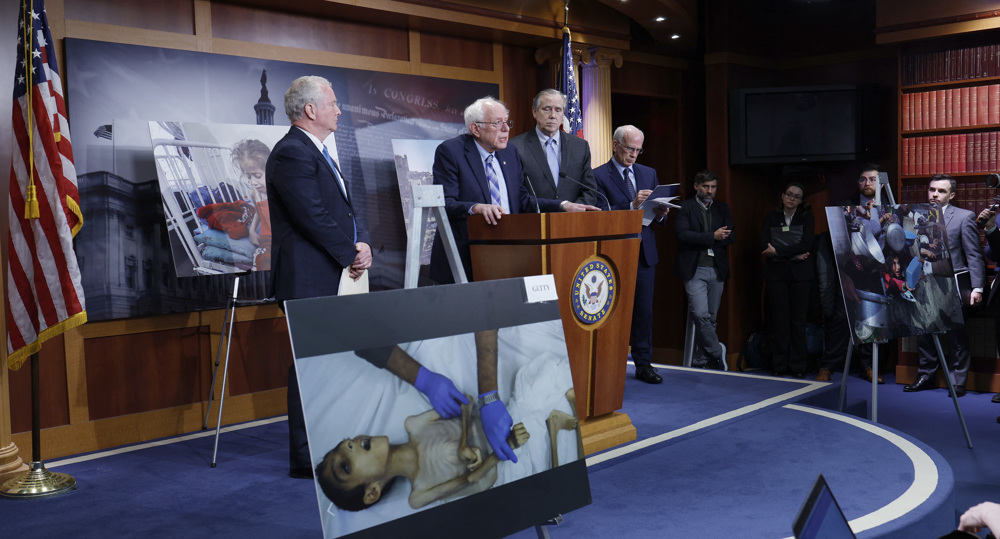US raises tariffs, China retaliates amid escalating trade war
The United States and China have increased tariffs on billions worth of each other’s goods in an escalation of the trade war between the world’s two largest economies.
The US began collecting 25 percent tariffs on a broad category of Chinese goods arriving in American ports on Saturday morning.
US President Donald Trump imposed the tariff increase on May 10, raising them from 10 percent to 25 percent. He has also taken steps to levy duties on all remaining Chinese imports.
The tariff increase affects a broad range of consumer goods from China, including internet modems and routers, printed circuit boards, lighting products, furniture and vacuum cleaners.
Last year, Trump imposed 25 percent tariffs on a separate category of Chinese machinery and technology goods worth $50 billion.
China also began collecting higher retaliatory tariffs on Saturday on much of a $60 billion target list of US goods.
The tariffs, announced on May 13 and taking effect as of midnight in Beijing, apply additional 20 percent or 25 percent tariffs on more than half of the 5,140 US products targeted.
Beijing had previously imposed additional rates of 5 percent or 10 percent on the targeted goods.
No further trade talks between top US and Chinese negotiators have been scheduled since the last round ended in a stalemate on May 10, the same day when Trump announced higher tariffs. China ordered the latest tariff increases in response to Trump’s move.
Beijing has grown more vocal in recent weeks, accusing Washington of lacking sincerity and vowing that it will not cave to the demands of the Trump administration.
Its rhetoric has hardened particularly since the US put Chinese company Huawei on a blacklist that effectively bans the firm from doing business with American companies.
The US Commerce Department placed Huawei on an "entity list" on grounds of national security on May 16, a move that curbs its access to US-made components it needs for its equipment.
Hitting back, China's commerce ministry said Friday it would release its own list of "unreliable entities" that break their commercial contracts and stop supplying Chinese firms.
"China is ready to wage a protracted economic and trade war with the United States," the Global Times, a Chinese newspaper, said in an editorial.
Former Chinese officials warned Friday that the trade war could keep escalating and may last decades.
"It is quite clear now that this is no longer a trade dispute and will extend much more broadly to punitive economic measures that each side can inflict upon each other," said Christopher Balding, a China expert at the Fulbright University Vietnam.
US vetoing of Gaza ceasefire resolution ‘disgraceful’: Iran’s UN envoy
VIDEO | IAEA adopts anti-Iran resolution tabled by E3
VIDEO | Iran's president urges Pope to help end Israel's onslaught in Gaza
Iran's senior legal official: ICC arrest warrant for Netanyahu ‘great victory'
Nov. 21: ‘Axis of Resistance’ operations against Israeli occupation
VIDEO | Israeli forces storm West Bank’s Jenin again, target civilians
Iran activates advanced centrifuges after IAEA's 'unjust' resolution
VIDEO | Press TV's news headlines










 This makes it easy to access the Press TV website
This makes it easy to access the Press TV website